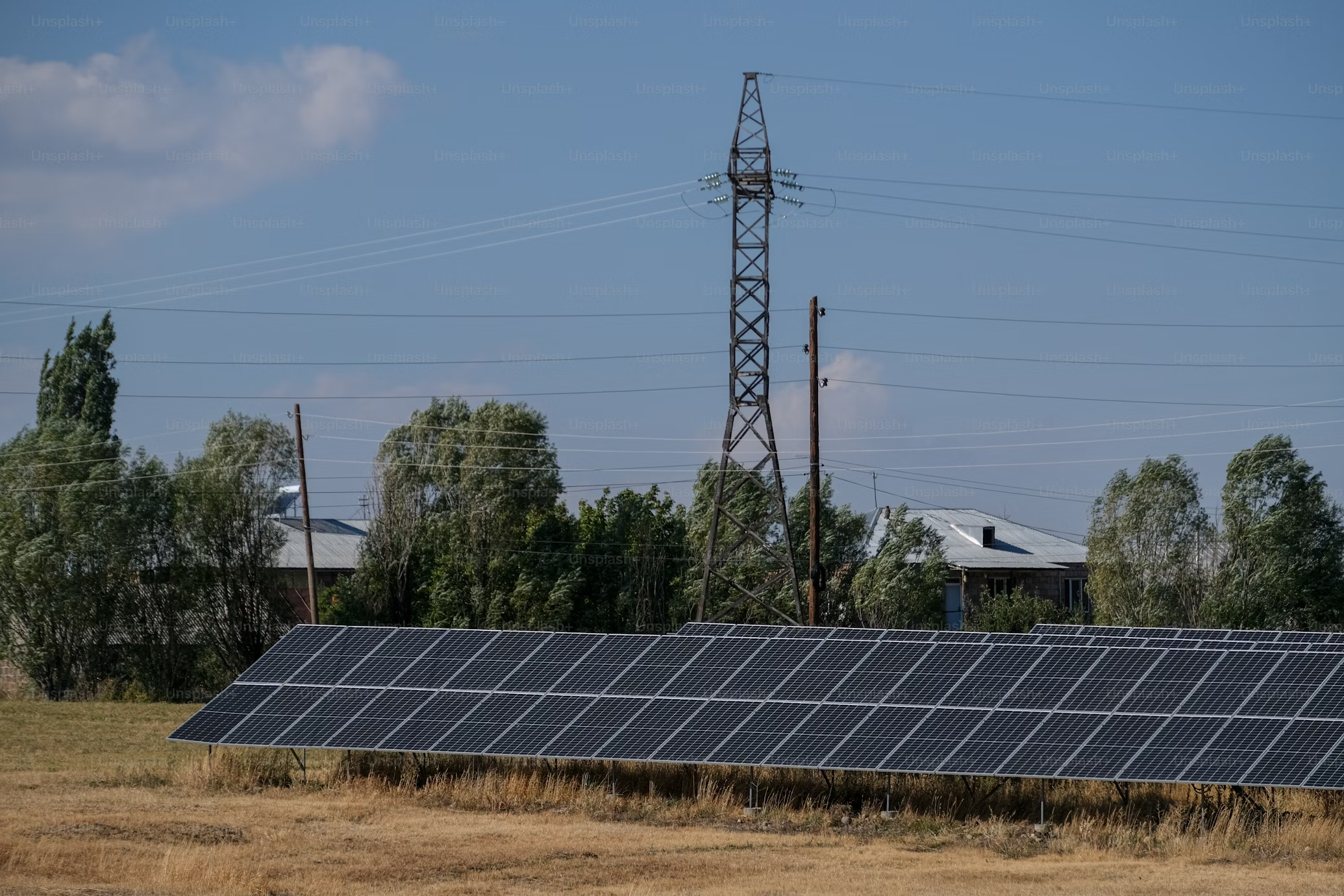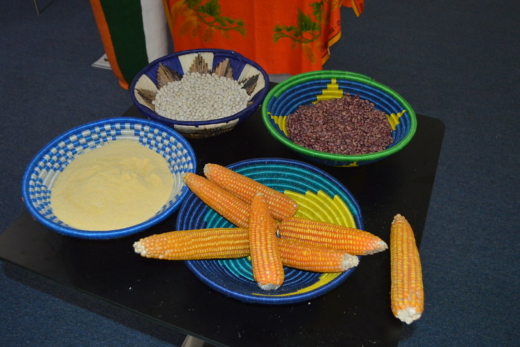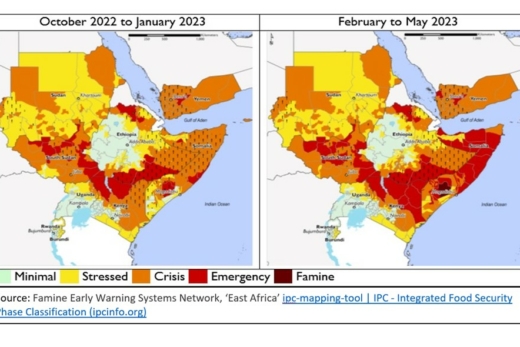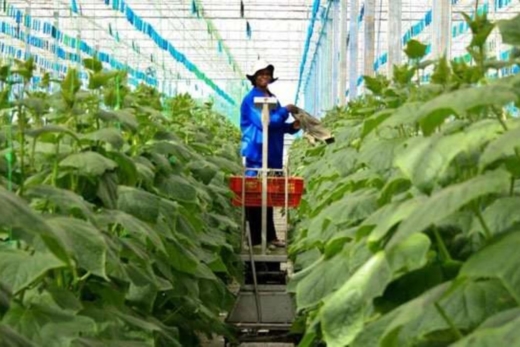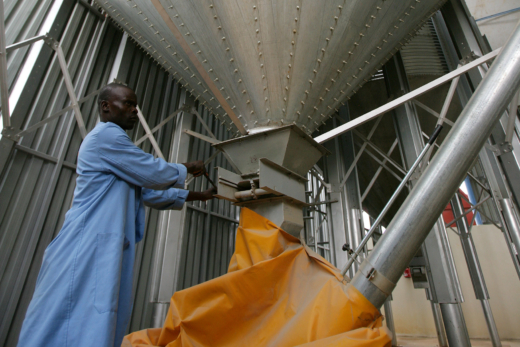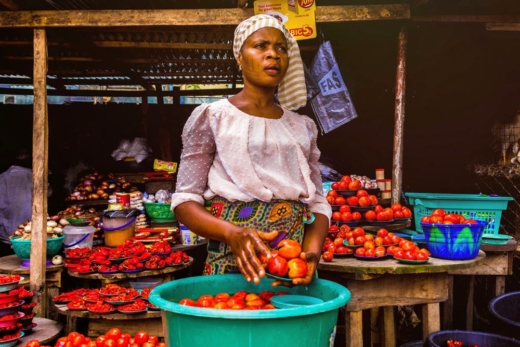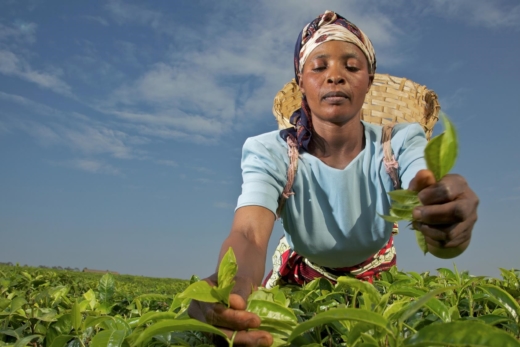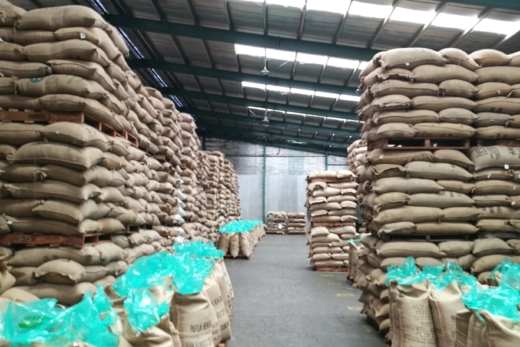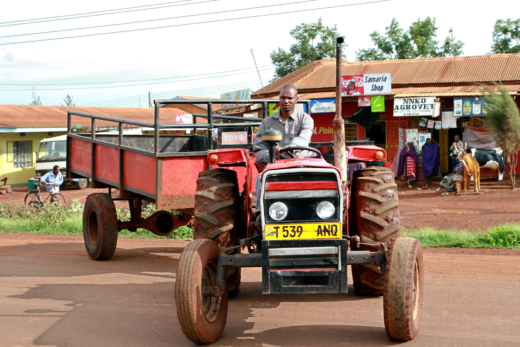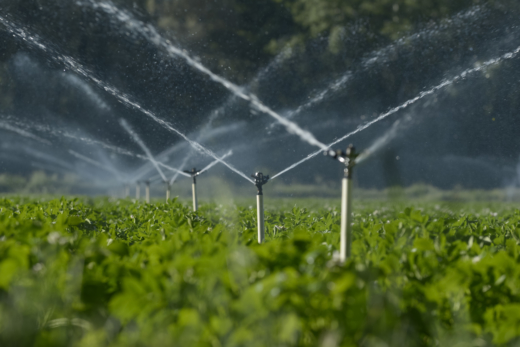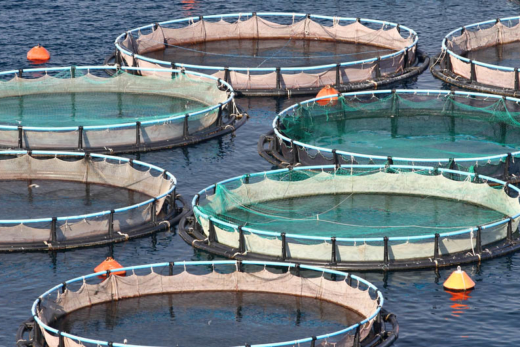
Description
The International Development Research Centre’s (IDRC) Livestock Vaccine Innovation Fund (LVIF) supports the development, production, and commercialization of innovative vaccines against livestock diseases in sub-Saharan Africa, South and South East Asia. In 2019 they awarded 4 research projects specifically focused on testing gender inclusive approaches in vaccine distribution and delivery systems.
IDRC engaged Wellspring to analyse the path towards long-term sustainability for the four research projects, and provide guidance on adapting their methodology or providing additional support to the projects to achieve greater sustainability.
We began with a detailed review of the project proposals and progress reports to familiarise ourselves with the projects. We then set up a series of phone calls with the project organisers to understand any gaps or challenges.
For each project, we defined a “Sustainability endline” that hypothesized the most probable and/or possible route to sustainability for a project across socio-cultural, economic and technical barriers.
We evaluated the projects’ progress towards this endline and made recommendations at three levels 1) areas that the projects could adapt within their own remit, 2) areas where third party support would benefit the projects, and 3) general recommendations for IDRC for future projects.
The work culminated in a workshop at LVIF’s Annual Learning Event conference where we shared the results of our findings. The recommendations centred around a three main themes:
- Long-term thinking – whereas the projects had been incredibly adaptive to Covid-19, they had been less responsive at adapting their project structures to ensure long-term sustainability
- Incentive structures – each project had to design more compelling incentive structures (e.g. financial, social, etc.) to project participants to ensure that they would continue their involvement after the life of the IDRC funding,
- Training design – while each project had a training component, more thought was required on ensuring that lessons were re-enforced through tools, peer learning structures and train the trainer structures.
- Stakeholder involvement – greater involvement by government and private sector ensure the projects fit within existing and long-term institutions
- Additional team expertise – each of the projects could benefit from additional expertise in commercial sustainability and private sector to support the sustainability mandate.






